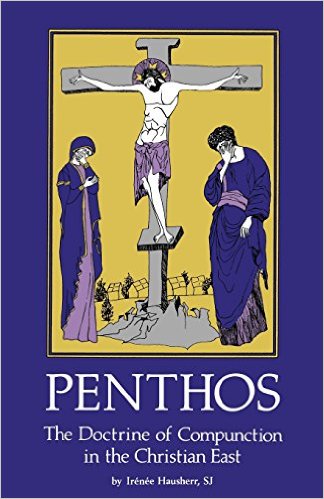Of the Observance of Lent (3)

CHAPTER XLIX. Of the Observance of Lent
31 Mar. 31 July. 30 Nov.Although the life of a monk ought at all times to have about it a Lenten character, yet since few have strength enough for this, we exhort all, at least during the days of Lent, to keep themselves in all purity of life, and to wash away, during that holy season, the negligences of other times. This we shall worthily do, if we refrain from all sin, and give ourselves to prayer with tears, to holy reading, compunction of heart and abstinence.
1 Licet omni tempore vita monachi quadragesimae debet observationem habere, 2 tamen, quia paucorum est ista virtus, ideo suademus istis diebus quadragesimae omni puritate vitam suam custodire omnes pariter, 3 et neglegentias aliorum temporum his diebus sanctis diluere.
Saint Benedict describes Lent as a time during which a monk can “wash away (diluere) the negligences of other times”. The very fact that one can wash away past negligences gives rise to hope and confidence. It is possible to start afresh. The man who can weep over his past sins — and this is itself a grace — can go forward in joy.
The Lord hath heard, and hath had mercy on me: the Lord became my helper. Thou hast turned for me my mourning into joy: thou hast cut my sackcloth, and hast compassed me with gladness. (Psalm 29:11–12)
I recall with gratitude the wisdom and solicitude of my Master of Novices, Père R.C. (to whom I owe so much), who saw fit in 1972 to introduce me Father Irenée Hausherr’s classic work, Penthos, The Doctrine of Compunction in the Christian East. The man who never weeps is not fully human. In the Gospels, the tears of Our Lord are the authentic tokens of His Humanity. It is recorded that Our Lord wept three times: first, over the faithless city of Jerusalem (Luke 19:41); then, at the death of his dear friend, Lazarus of Bethany (John 11:35); and, finally, in the bitter agony of Gethsemani (Hebrews 5:7). The shortest sentence in the New Testament is, if I am not mistaken, John 11:35: “And Jesus wept”, Et lacrimatus est Jesus. This little sentence is a an inexhaustible spring of consolation for all of us, poor sinners, who go “mourning and weeping in this vale of tears”.
The tears of the Mother of God, no less than those of her Son, fall upon the hearts of poor sinners with a gentle efficacy. The devotion to the tears of Our Lady is not a product of baroque piety; there is evidence of it even among the Desert Fathers:
Abba Isaac said: Once I was sitting with Abba Poemen, and I saw that he was in an ecstasy; and since I used to speak very openly with him, I made a prostration before him and asked him, “Tell me, where were you?” And he did not want to tell me. But when I pressed him, he replied: “My thoughts were with St. Mary the Mother of God, as she stood and wept at the Cross of the Savior; and I wish that I could always weep as much as she wept then”.
If a man has no tears, he should ask God for them with all his strength and with all his soul. There is no other way by which he can remain sinless and pure in heart. So precious is the gift of tears that the Church makes it the object of her prayer in the Roman Missal. Blessed Abbot Marmion, among others, had a special devotion to the liturgical prayers for the gift of tears.
Almighty and most gentle God, who when Thy people thirsted drew living water out of a rock, do Thou draw tears of compunction from our stony hearts, giving us grace to lament our sins and fitting us to receive Thy merciful forgiveness.
It seems to me that there are seven fruits of tears. At least, this is my own experience. One desires these seven fruits must pray earnestly for the gift of tears. “They that sow in tears shall reap in joy” (Psalm 125:5). Here, then, are the seven fruits of tears.
- Humility
- Purity of heart
- Receptivity to the Word of God
- Softening of the heart to Divine Things
- Compassion for others in their weakness
- Closeness to the Mother of God
- Joy
